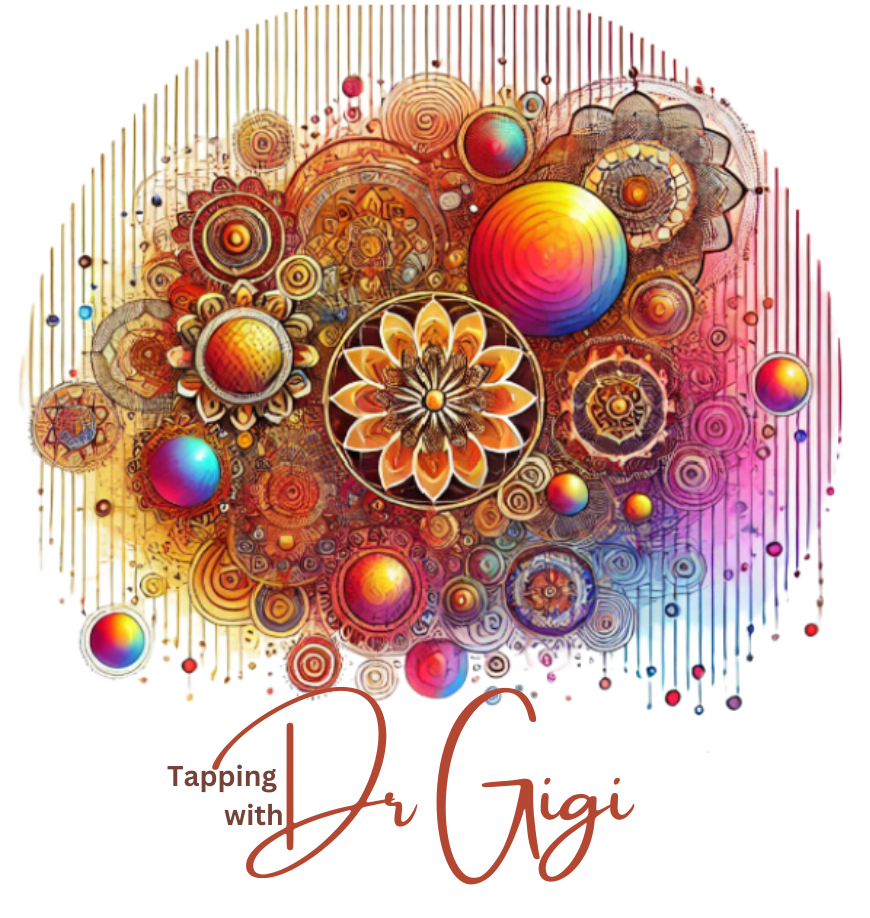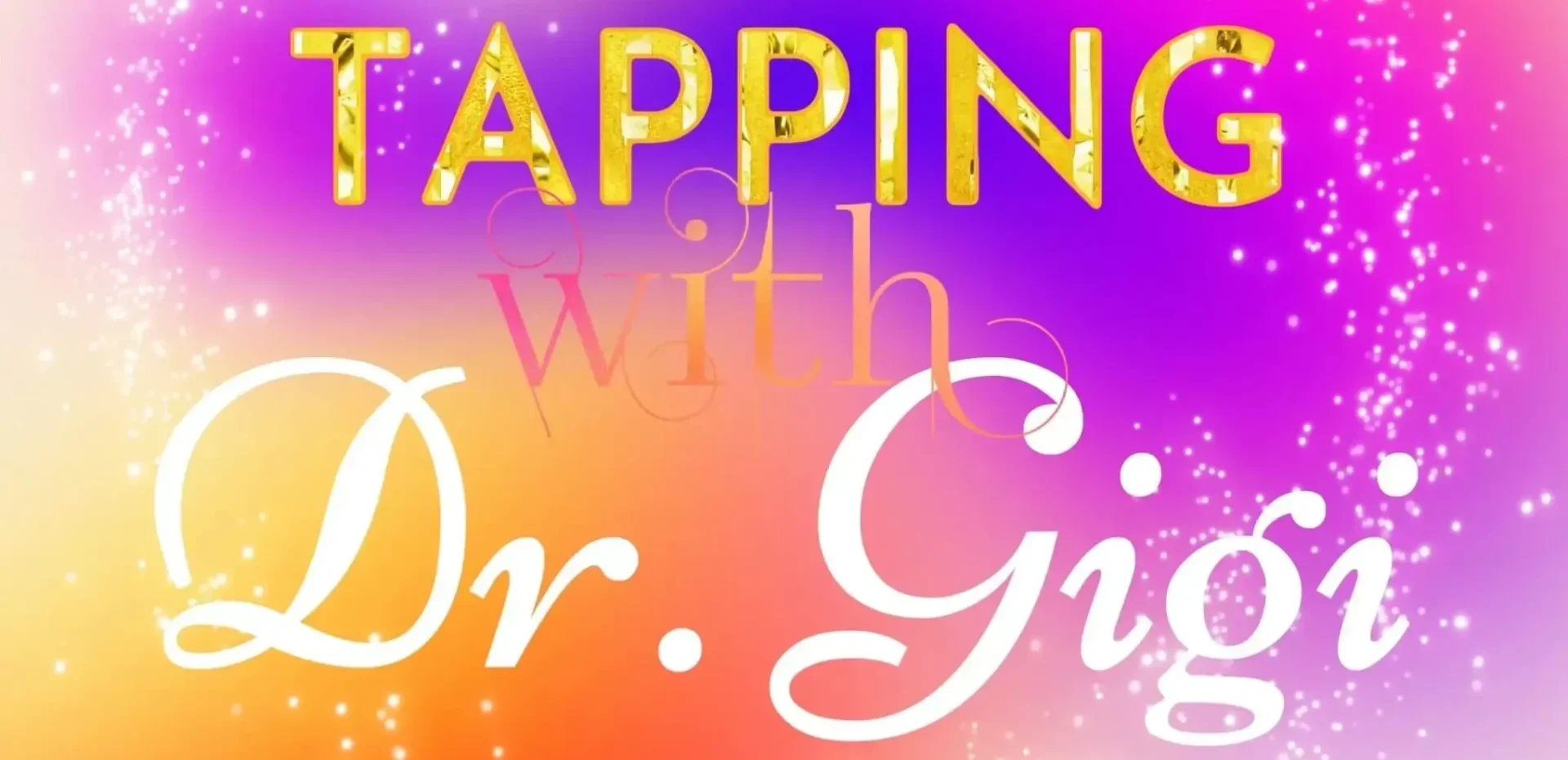In today’s fast-paced world, stress has become an almost unavoidable part of daily life. From work deadlines and family responsibilities to social commitments and personal expectations, stressors come from multiple directions. This constant pressure can take a toll on physical and mental health, making it essential to adopt effective self-care strategies. Holistic self-care nurtures the mind, body, and spirit to promote well-being. It offers an integrated approach that addresses the symptoms of stress and tackles its root causes.
In this blog, we will explore various holistic self-care practices, from mindfulness techniques and breathwork to dietary adjustments and physical activities, that can help you achieve stress relief and relaxation.
Mindfulness Meditation
Mindfulness meditation is a practice rooted in ancient traditions that has gained significant popularity due to its scientifically proven mental health and stress reduction benefits. It involves focusing on the present moment without judgment, making you more aware of your thoughts, feelings, and bodily sensations.
How It Helps:
- Reduces Stress: Mindfulness meditation has been shown to lower cortisol levels, the hormone responsible for stress, and promote a sense of calm.
- Increases Emotional Regulation: Regular mindfulness practice helps manage emotions, preventing overwhelming feelings.
- Improves Focus and Clarity: By clearing mental clutter, mindfulness allows for better concentration and decision-making.
Practice Tips:
- Set aside 10-20 minutes daily for a mindfulness session.
- Focus on your breathing and observe your thoughts without getting attached to them.
- Use guided meditation apps like Headspace or Calm if you’re a beginner.
Breathwork Techniques
Breathwork refers to controlled breathing exercises that influence the body’s stress response. Deep, mindful breathing activates the parasympathetic nervous system, which helps the body relax and reduces the production of stress hormones.
Popular Breathwork Practices:
- 4-7-8 Breathing: Inhale for 4 seconds, hold the breath for 7 seconds, and exhale slowly for 8 seconds. This helps in calming the mind quickly.
- Diaphragmatic Breathing: Also known as belly breathing, it involves inhaling deeply so that your diaphragm rises rather than your chest. It promotes deep relaxation.
How It Helps:
- Decreases Anxiety: Deep breathing slows the heart rate and calms your brain.
- Improves Focus: By controlling your breath, you can center your thoughts and improve concentration.
- Boosts Energy: Breathwork helps oxygenate the blood, increasing energy levels and calming the nervous system.
Aromatherapy
Aromatherapy is a form of holistic healing that uses essential oils extracted from plants to promote well-being. These oils can be inhaled, used in diffusers, or applied to the skin through massage. Essential oils like lavender, chamomile, and eucalyptus are particularly effective for reducing stress and promoting relaxation.
How It Helps:
- Calms the Mind: Essential oils like lavender and bergamot have soothing properties that ease mental tension.
- Improves Sleep: Aromatherapy helps induce better sleep by creating a calming environment, especially before bedtime.
- Eases Muscle Tension: Essential oils can help relax tight muscles and reduce physical stress when used in massages or baths.
Tips for Use:
- Use a diffuser to disperse essential oils into the air.
- Add a few drops of essential oils to your bath for a relaxing experience.
- Apply diluted essential oils to your temples and wrists for instant relaxation.
Physical Exercise
Physical activity is beneficial for your body and crucial for mental well-being. Exercise increases the production of endorphins, the brain’s natural stress relievers. Movement is critical to reducing stress and maintaining balance, Whether through high-intensity interval training (HIIT), yoga, or a simple walk in nature.
How It Helps:
- Relieves Mental Stress: Exercise reduces cortisol levels and increases the production of feel-good chemicals like dopamine and serotonin.
- Boosts Mood: Regular physical activity helps in combating anxiety and depression by promoting a positive mental state.
- Increases Energy: Physical movement combats fatigue and boosts energy levels, making it easier to handle stressors.
Holistic Movement Practices:
- Yoga: Combines physical postures, breathwork, and meditation to create balance and reduce stress.
- Tai Chi: A gentle martial art that promotes relaxation, balance, and stress relief.
- Walking is a simple and effective way to clear the mind. Walking in natural settings like parks or near water bodies can enhance relaxation.
Herbal Remedies
Herbal remedies have been used for centuries to treat a variety of ailments, including stress and anxiety. Adaptogens, a specific class of herbs, help the body adapt to stress and restore balance. Popular adaptogenic herbs include ashwagandha, rhodiola, and holy basil.
How It Helps:
- Regulates Cortisol: Adaptogens help modulate the stress hormone cortisol, promoting calm and balance.
- Promotes Relaxation: Herbs like chamomile and valerian root are well-known for their relaxing properties and can reduce tension and improve sleep quality.
- Boosts Immune Function: Some herbs help strengthen the immune system, which can be weakened by chronic stress.
Common Herbal Remedies:
- Ashwagandha: Known for its calming properties and ability to lower cortisol levels.
- Chamomile Tea: Soothes the mind and promotes relaxation before sleep.
- Lemon Balm: Helps reduce anxiety and improve mood.
Sound Healing and Music Therapy
Sound healing is based on the concept that specific vibrations or frequencies can promote relaxation and balance in the body. Instruments like singing bowls, gongs, and tuning forks are used to create therapeutic sounds that resonate with the body’s energy fields. Similarly, listening to calming music can reduce stress and induce relaxation.
How It Helps:
- Calms the Nervous System: Sound healing affects brainwaves, inducing a meditative and relaxed state.
- Reduces Physical Tension: The vibrations produced by sound therapy can help release tension stored in the body.
- Enhances Focus: Music therapy can improve concentration and help people get into a flow state, reducing the impact of stressors.
Practice Tips:
- Attend a sound healing session with a professional practitioner.
- Listen to calming music or nature sounds to reduce stress.
- Use guided sound therapy apps to create a peaceful environment at home.
Journaling for Emotional Release
Journaling is an excellent way to release pent-up emotions and gain clarity on stress-inducing situations. Putting your thoughts on paper can help you better understand your emotions, identify stress triggers, and develop strategies for managing them.
How It Helps:
- Clarifies Emotions: Writing down your feelings can help you understand what’s causing your stress and anxiety.
- Promotes Emotional Release: Journaling provides an outlet for releasing emotions, reducing their intensity.
- Improves Mental Clarity: Regular journaling can help you prioritize your thoughts, enhance focus, and reduce feelings of overwhelm.
Tips for Effective Journaling:
- Set aside time daily or weekly to journal about your emotions, experiences, and stress triggers.
- Don’t worry about grammar or structure—write freely.
- Use prompts like “What is currently causing me stress?” or “How can I create more calm in my life?”
Nutrition and Hydration for Stress Management
What you eat is vital to how well your body handles stress. Nutrient-rich foods can help stabilize mood, reduce anxiety, and provide the energy needed to cope with stressors. On the other hand, excessive caffeine, sugar, or processed foods can exacerbate stress by causing energy crashes and emotional fluctuations.
How It Helps:
- Stabilizes Mood: Consuming foods rich in omega-3 fatty acids, like salmon and walnuts, helps balance mood and reduce stress.
- Regulates Blood Sugar: Complex carbohydrates like oats and brown rice provide sustained energy, reducing mood swings.
- Boosts Brain Function: Nutrient-dense foods provide the vitamins and minerals needed for optimal brain function, enhancing your ability to manage stress.
Nutritional Tips:
- Drink plenty of water throughout the day to stay hydrated.
- Avoid excessive caffeine, which can increase anxiety and stress.
- Incorporate stress-relieving herbs like chamomile and green tea into your diet.
Digital Detox and Setting Boundaries
Constant exposure to digital screens and overwhelming information from social media, emails, and news can contribute significantly to stress. Taking a break from digital devices allows your mind to rest and reset, reducing the cognitive load.
How It Helps:
- Reduces Mental Clutter: A digital detox helps declutter your mind by reducing information overload.
- Improves Focus: Limiting screen time improves concentration and focus, helping you handle tasks more efficiently.
- Promotes Better Sleep: Reducing screen time before bed can enhance the quality of sleep, which in turn lowers stress levels.
Practice Tips:
- Set specific times during the day to check emails and social media.
- Implement a “no-screen” rule one hour before bed to promote relaxation.
- Schedule regular digital detox weekends or evenings to reset your mental space.
Spending Time in Nature
Nature has a profound impact on reducing stress and promoting relaxation. Whether walking in the park, hiking through the woods or simply sitting by a lake, spending time outdoors helps ground and restore balance.
How It Helps:
- Reduces Cortisol Levels: Spending time in nature has been scientifically proven to lower cortisol, the stress hormone.
- Boosts Mood: Exposure to natural sunlight helps produce serotonin, a hormone that boosts mood.
- Increases Mental Clarity: Nature provides a break from the sensory overload of urban environments, allowing for mental clarity and relaxation.
Tips for Connecting with Nature:
- Take short breaks during your day to walk in a nearby park.
- Plan weekend hikes or day trips to natural settings.
- Practice grounding by walking barefoot on grass or sand.
Incorporating holistic self-care practices into your daily routine is essential for managing stress and promoting relaxation. From mindfulness meditation and breathwork to nutrition and spending time in nature, these practices offer a balanced approach to well-being. By focusing on the mind, body, and spirit, holistic self-care provides a comprehensive way to relieve stress and create lasting habits that support overall health. Through consistency and self-awareness, you can develop a personalized self-care regimen that addresses your unique needs and helps you navigate the pressures of daily life with greater ease and resilience.

